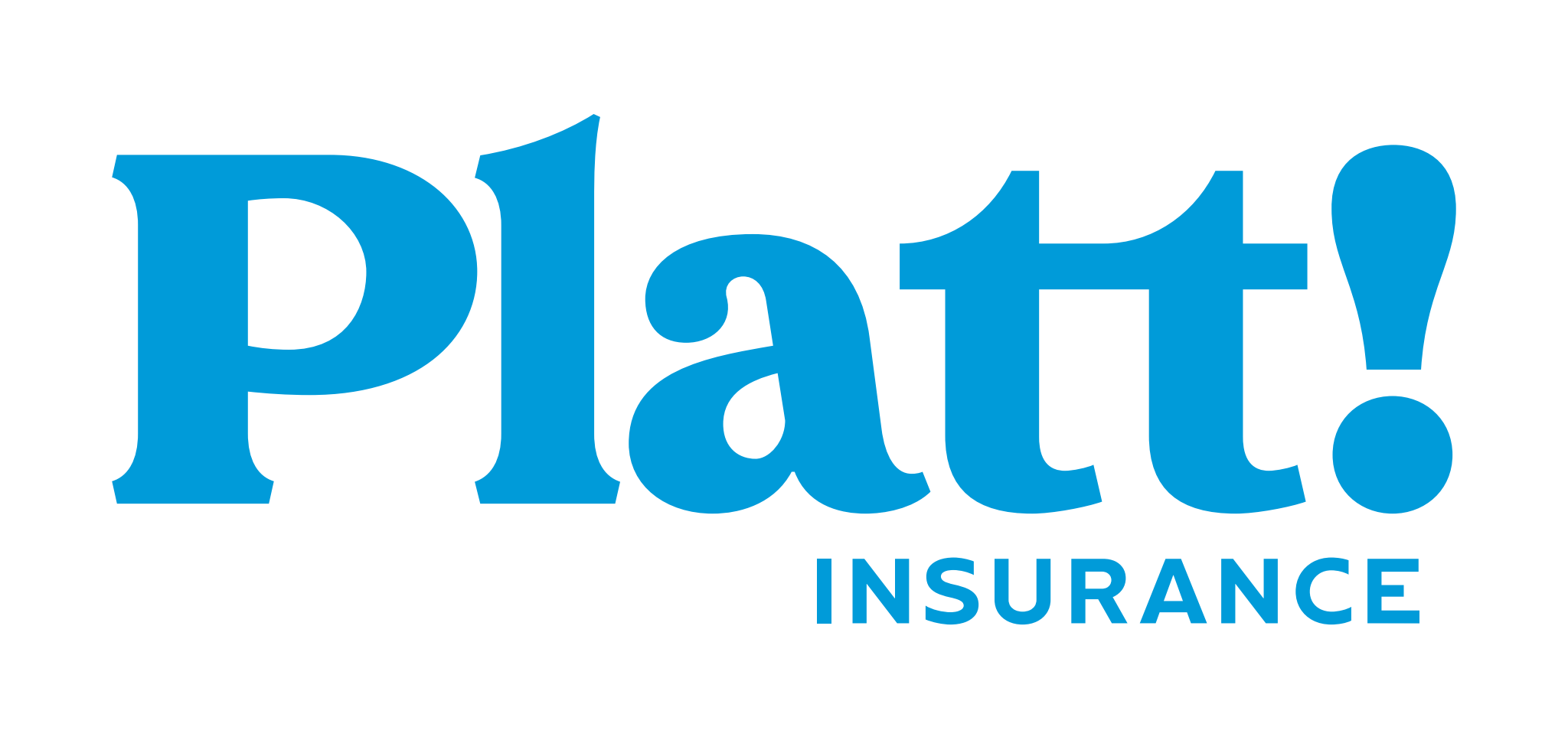-
Address: 389 Niles Cortland Rd. NE, Warren, OH 44484
-
Phone: (330) 856-6244
-
Email: info@plattinsurance.com
Unraveling the Factors Behind Increasing Insurance Rates.
Insurance serves as a vital safety net, protecting individuals and businesses from unforeseen events. However, it is no secret that insurance rates have been on the rise in recent years. In this blog, we will delve into the key factors that contribute to the increase in insurance rates, including changes in your risk profile, new purchases, the insurance company experiencing loss, industry-wide increases, missing payments, and changes in your policy.
Changes in Your Risk Profile
Insurance rates are often determined by assessing the level of risk associated with the insured party. If your risk profile changes—for example, if you move to an area with higher crime rates or if you start a new business in a high-risk industry—your insurance rates may increase. Insurance companies adjust premiums to account for the heightened level of risk and ensure they can adequately cover potential claims.
You’ve Made a New Purchase
When you acquire new assets, such as a car, a house, or valuable possessions, you typically need to insure them. These additional purchases increase your overall insurance coverage, resulting in higher premiums. The cost of insuring new assets is directly proportional to their value and the level of risk associated with them.
Your Insurance Company Experiencing Loss
Insurance companies base their rates on actuarial calculations, considering factors such as historical claims data and their own financial performance. If an insurance company experiences a higher frequency or severity of claims, it may incur significant losses- like after a hurricane or a bad storm. To remain financially viable, the company may need to increase rates across the board to compensate for the increased payouts and ensure it can continue to provide coverage.
Industry-Wide Increases
Insurance is an industry that is subject to various external factors. When there are industry-wide increases in costs, such as healthcare expenses or auto repair charges, insurance companies may raise their rates to keep pace with these rising costs. For instance, healthcare providers’ fees, spare parts prices, and labor costs can all influence health insurance and auto insurance rates.
Missing Payments
Maintaining a consistent payment history is essential when it comes to insurance. Missing payments or letting your policy lapse can result in increased rates when you reinstate coverage or seek new insurance. Insurance companies view missed payments as an indicator of increased risk and may charge higher premiums to offset that perceived risk.
There are Changes in Your Policy
When you make changes to your insurance policy, such as increasing coverage limits or adding additional riders, it can lead to higher premiums. This is because enhanced coverage entails a higher level of protection, which comes at an increased cost. Similarly, removing certain coverage options or decreasing coverage limits may result in lower premiums.
Remember, insurance rates are influenced by multiple factors, and understanding them will empower you to make informed decisions to protect yourself and your assets effectively. It is important to stay vigilant, review your insurance needs regularly, and work with a trusted independent insurance advisor, like Platt Insurance, to find the most appropriate coverage at the best possible rates.
Click here for a free quote today!

